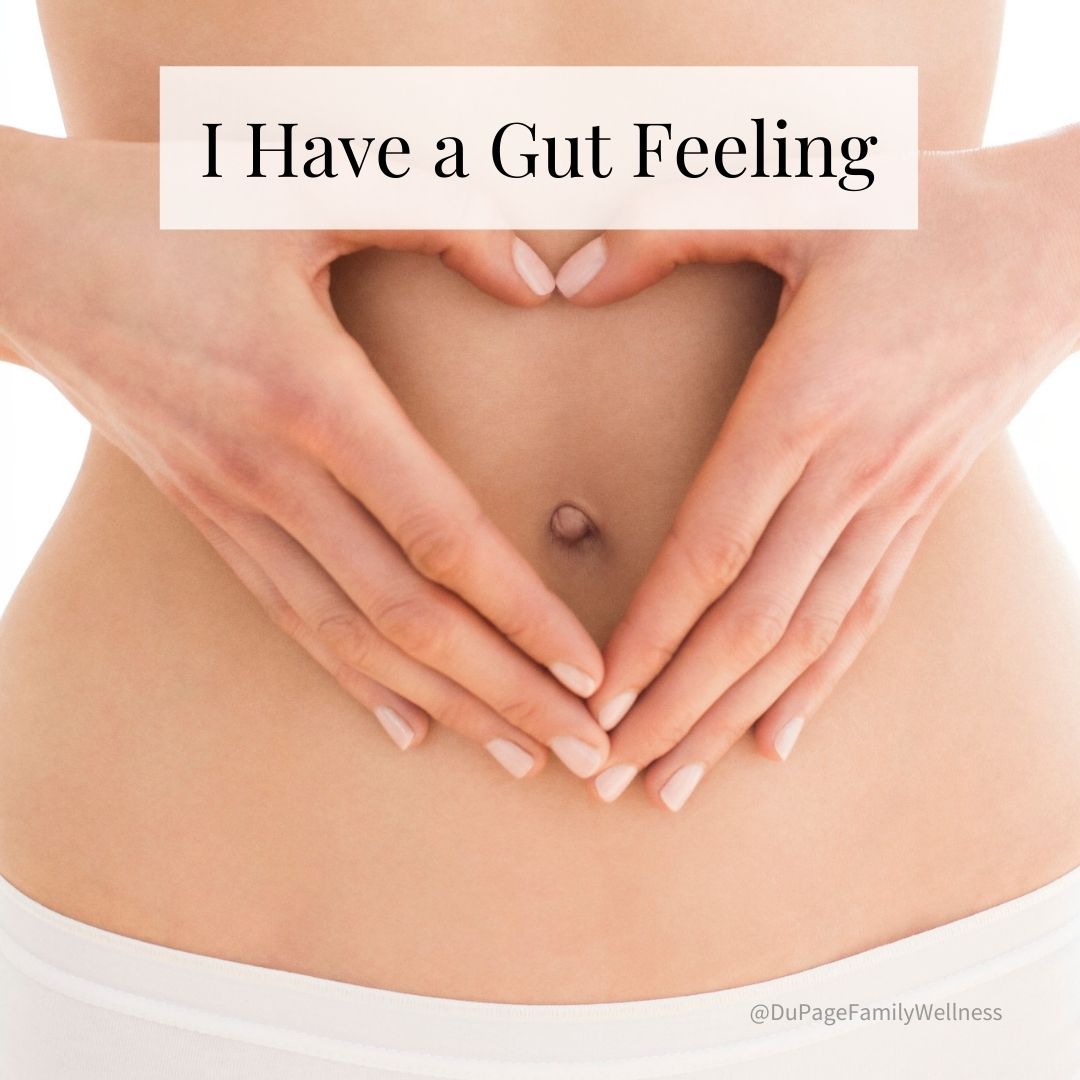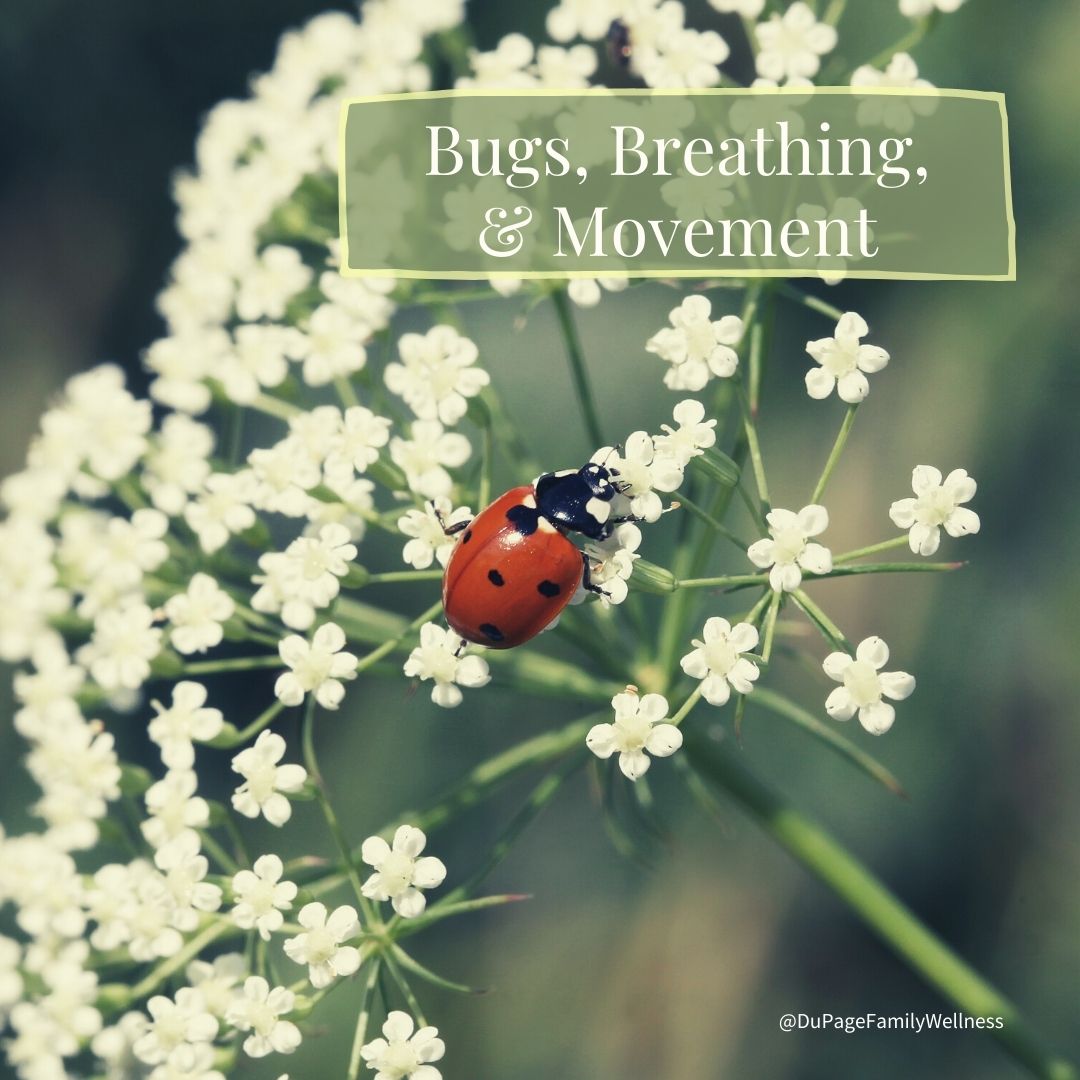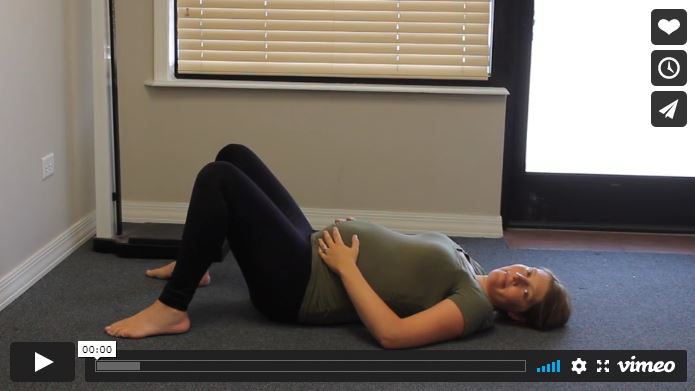 We all know that what we eat can affect how we feel physically, but did you know that it also plays an important role in how we feel emotionally?
We all know that what we eat can affect how we feel physically, but did you know that it also plays an important role in how we feel emotionally?
Most people don’t realize how intricately the gut and brain are connected. But the processes in the gut directly impact the brain’s function and may have an impact on your emotional health.
Dr. David Perlmutter, brain specialist and a well known author, states that “we no longer can segregate the brain on one hand and the gut on the other hand” calling the gut brain connection a “profoundly intimate relationship.”
Let’s take a look at this connection and see if healing the gut could improve your mood.
The Gut-Brain Axis
The brain and gut are connected, physically and biochemically, through a communication network called the gut-brain axis.
The Vagus nerve is one of the biggest physical connections between the brain and gut. It communicates both from the brain to the gut - and from the gut to the brain. Neurotransmitters also connect the brain and gut in a biochemical way.
The connection between the gut and emotions has been overlooked in many ways, but is backed by a growing body of research.
Read more ...
 What if I told you that the foundation to being fit and strong was so easy a baby could do it? It would be hard to believe, but it's true. And babies everywhere are doing it!
What if I told you that the foundation to being fit and strong was so easy a baby could do it? It would be hard to believe, but it's true. And babies everywhere are doing it!
Since we do not have to teach babies how to move - lift their head, rollover, or crawl - we typically don’t think about all that goes into their development.
If we look closely, however, there is much that we can learn from the amazing process these little ones go through as they develop their ability to move.
Functional Movement
Research has found that the way a baby moves is the most efficient way to move. When we deviate from this type of movement we will not function at our best.
Functional Progression exercises are modeled after babies and how they move, organize movement patterns, and learn to stabilize. They allow us to reestablish movement patterns so that they become natural again.
Where to Begin - Diaphragmatic Breathing
Breathing properly is a foundational piece of movement. Unfortunately most adults do not breathe in a natural way. In fact, a pilot study of 96 people in 2003 that assessed breathing mechanics found that only 25% of people breathe properly.
Using the wrong muscles to breathe can lead to a host of problems such as recurrent chronic fatigue, anxiety, panic attacks, as well as many musculoskeletal symptoms.
If you are trying to make changes in the way that you breathe, it will take some time. But you can make real changes if you try to focus on your breathing technique at least once an hour. This video will show you what you should be doing to breathe properly.

Remember, this is the foundation for all the other functional movement exercises, so don’t skip this important step.
The Dead Bug
While you are learning to breathe properly again, you can also begin to engage your core in a specialized way.
Take a moment to think about a baby laying on it’s back. Where are his legs? Where are her hands? They are in the air moving about.
This next functional movement exercise, called the “dead bug,” mimics that type of movement.

I am passionate about leading you to greater health! If you are interested in learning more about Functional Progression or would like to work with me to learn these movements give us a call 630-448-0255.
Dr. Jamie
 Are you gardening this year? Do you love seeing your plants grow healthy and strong? If you are a gardener, you know there are certain things plants need to thrive. Some of the first steps are weeding, seeding, and feeding.
Are you gardening this year? Do you love seeing your plants grow healthy and strong? If you are a gardener, you know there are certain things plants need to thrive. Some of the first steps are weeding, seeding, and feeding.
It is necessary to get the undesirable plants out of the way by weeding so that the seeds you want to grow don’t get choked out. Then the desirable seed can be planted. Once planted, these desirable plants need to be fed so they can grow.
The principles of gardening can actually apply to the complex habitat within our gut. To have good gut health, we must get the weeds (bad bacteria) in check. To do this we need the good seeds (healthy bacteria) to take root. And finally, we need to feed this good bacteria (prebiotics).
Let’s look at how we can use these principles to cultivate a healthy gut, and learn why it is so important for our overall health.
Why Gut Health Matters
Have you ever considered how your gut health impacts your overall health? Well, since seventy percent of your immune system resides in the gut, it is imperative that it is healthy. There is also a strong connection between our gut and our skin, our gut and our brain, and our gut and our hormones.
Read more ...
 It's hard to believe that I opened the office ten years ago!
It's hard to believe that I opened the office ten years ago!
A lot has changed since then. When I started as a chiropractor, I was single with no kids. Now I am married with three precious little girls. But the one thing that has not changed is my desire to lead people on their journey to health.
As my patients, you inspire me to learn more each day. It is such an honor to work with people that value their health and want to live the best life possible.
Thank you for being on this journey with me and entrusting me with your chiropractic care, soft tissue work (ART), and listening to all of my thoughts on eating real food, moving your body, destressing, and getting enough sleep! I love seeing everyone on their journey to becoming the happiest and healthiest self!
Cheers to 10 years!
Dr. Jamie
P.S. If you have a story, testimonial, or memory from working together sometime in the last 10 years, it would be wonderful to hear! Feel free to respond to this email, I'd love to hear from you!
 One of the ways we can protect the earth is by reducing our use of plastic. Much of the plastic we use is discarded ending up in landfills, but a lot of the plastic ends up polluting our oceans as well.
One of the ways we can protect the earth is by reducing our use of plastic. Much of the plastic we use is discarded ending up in landfills, but a lot of the plastic ends up polluting our oceans as well.
In addition to the impact on the earth, it is important to realize the impact plastics have on our bodies. Once we realize the effects, we can make better choices surrounding our use of plastic. When it comes to this, small changes can have a big impact on our health!
How Plastic Harms Our Health
Bisphenol-A (BPA) and phthalates, are two man-made chemicals often found in plastic. These chemicals are considered to be endocrine disruptors. This means they can affect hormones, such as estrogen and testosterone. These chemicals are thought to be linked to chronic health conditions like heart disease, obesity, type 2 diabetes, and certain types of cancer.
BPA and phthalates can leach into our foods when we store them in plastic containers. This is especially a concern when heating foods in plastic containers and when storing acidic foods. We are also exposed to these chemicals when we drink from most plastic water bottles.
The Risk for Women with PCOS
While these chemicals are not good for anyone, it is especially important for women with PolyCystic Ovarian Syndrome (PCOS) to avoid these chemicals when at all possible!
Read more ...
 We all know that what we eat can affect how we feel physically, but did you know that it also plays an important role in how we feel emotionally?
We all know that what we eat can affect how we feel physically, but did you know that it also plays an important role in how we feel emotionally?

 What if I told you that the foundation to being fit and strong was so easy a baby could do it? It would be hard to believe, but it's true. And babies everywhere are doing it!
What if I told you that the foundation to being fit and strong was so easy a baby could do it? It would be hard to believe, but it's true. And babies everywhere are doing it! 

 Are you gardening this year? Do you love seeing your plants grow healthy and strong? If you are a gardener, you know there are certain things plants need to thrive. Some of the first steps are weeding, seeding, and feeding.
Are you gardening this year? Do you love seeing your plants grow healthy and strong? If you are a gardener, you know there are certain things plants need to thrive. Some of the first steps are weeding, seeding, and feeding.  It's hard to believe that I opened the office ten years ago!
It's hard to believe that I opened the office ten years ago! One of the ways we can protect the earth is by reducing our use of plastic. Much of the plastic we use is discarded ending up in landfills, but a lot of the plastic ends up polluting our oceans as well.
One of the ways we can protect the earth is by reducing our use of plastic. Much of the plastic we use is discarded ending up in landfills, but a lot of the plastic ends up polluting our oceans as well.